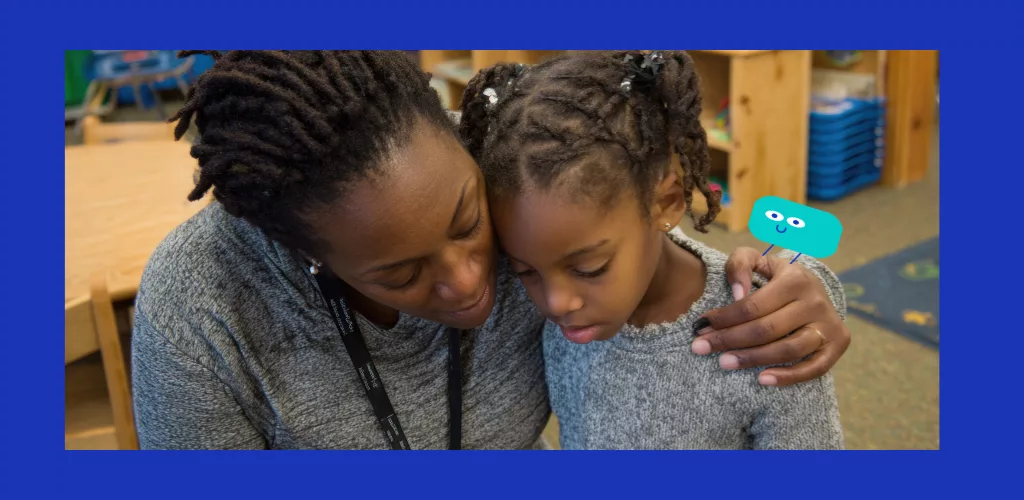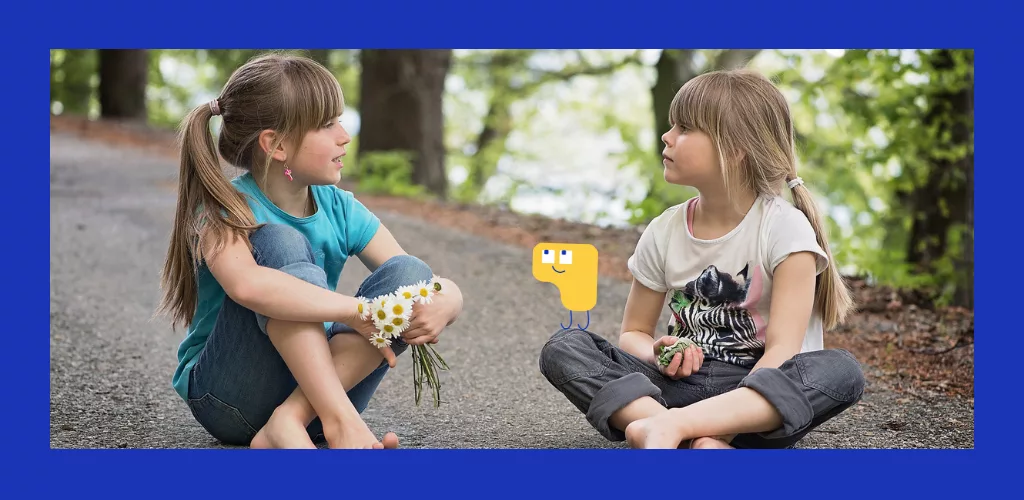Help your child turn failure into a driving force for success with the growth mindset.
Here's a concept that's still little known in France, but incredibly powerful for children: the growth mindset.
Adopting this mentality allows your child to see mistakes not as failures, but as opportunities to learn. And the good news is that you can help him cultivate it every day!
What exactly is the growth mindset?
In the 2000s, American psychologist Carol Dwecka professor at Stanford University, became interested in how children react to failure.
She discovers that some students see mistakes as challenges, as opportunities to learn. For them, failure doesn't mean they "suck", but simply that they're learning.
In his book "Dare to succeed! Change your mindsetshe distinguishes between two types of mindset:
-
The fixed mindset: believing that our abilities are innate and that we can't change.
-
The growth mindset: believing that progress can be achieved through effort, perseverance and the right strategies.
Neuroscience confirms this view: our brains are malleable, evolving and learning throughout our lives.
Why is the growth mindset important for children?
Developing a growth mindset in children means giving them the keys to :
-
Accept error as a normal part of the learning process
-
Reduce the stress associated with school assessments
-
Seeing school as a place of learning rather than performance
-
Develop self-confidence and motivation
-
Rise above failure more easily
In short, you're helping him become a resilient, curious and motivated child.
5 concrete ways to help your child develop a growth mindset.
1. Value effort over results
Instead of saying "Bravo, you're too strong," tell him:
"That's great, you really persevered to get there!"
This encourages him to associate success with effort, not with a "gift".
2. Teach him that mistakes are normal (and useful)
Turn every failure into a learning opportunity.
Example: "Did you get a bad grade? What can you learn from it?
3. Encourage challenges and new experiences
Suggest trying out new activities or learning in a different way: games, challenges, fun experiments...
Example: "Shall we try a more difficult puzzle this time?".
4. Use the small steps technique
Help him break down a big goal into easy-to-reach mini-objectives.
Example: Start with a 50-piece puzzle, then move on to 100, 250, etc.
5. Share your own mistakes
Show her that you, too, had to work hard to succeed.
"When I was your age, I had to train a long time to get better at soccer, but I got there in the end."
Further information
Download our free self-confidence poster for kids, to display in their room or near their desk.
And if you're interested in this topic, check out our article:
👉 Soft skills: "Resilience is the art of navigating torrents." - Boris Cyrulnik
In a nutshell
The growth mindset is not a gift reserved for a few children: it's a skill that can be learned. And as a parent, you have an essential role to play in encouraging it on a daily basis.
Have you tried any of these tips? Share your experience in comments!




0 comments